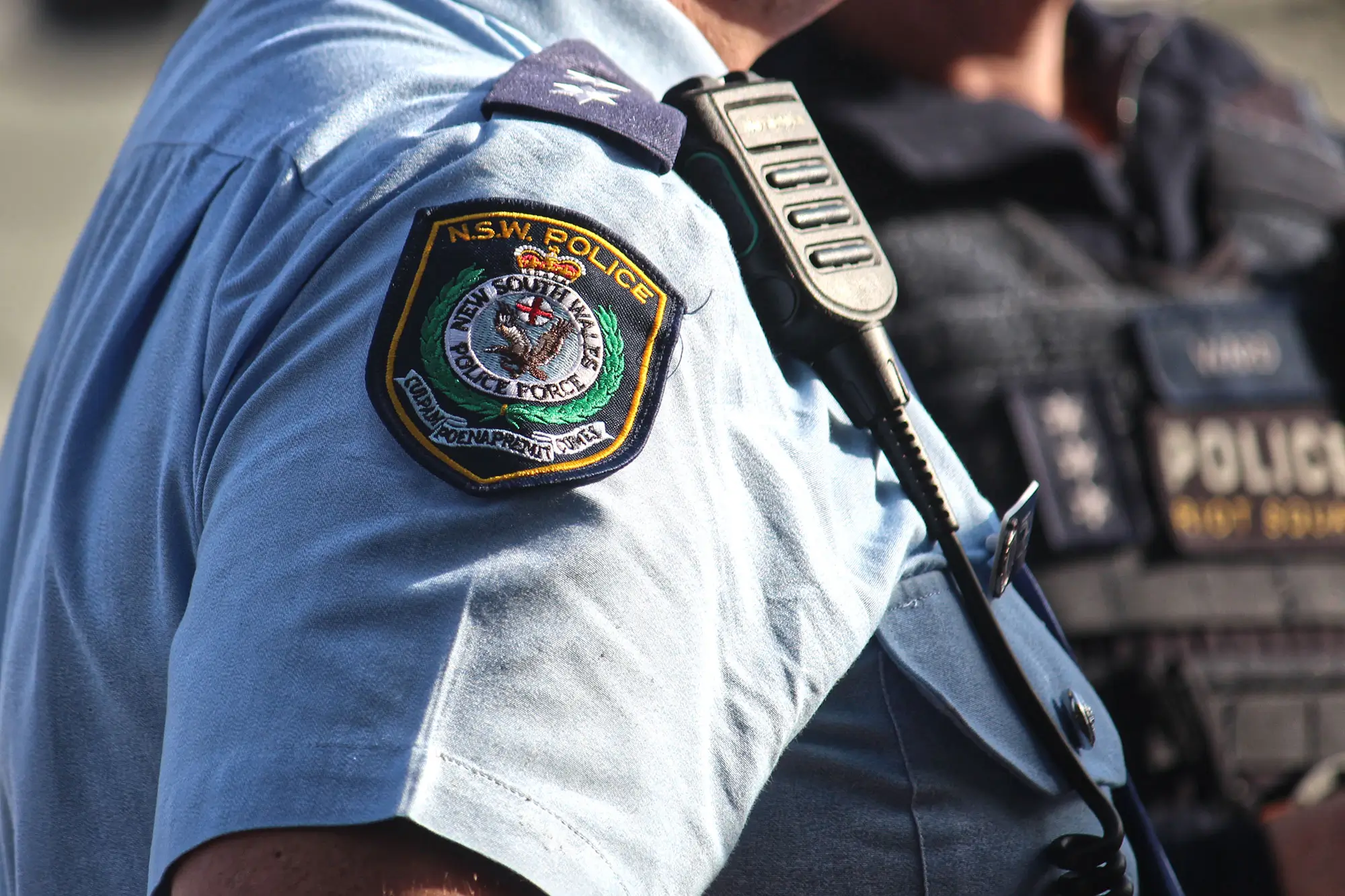When Can Police Stop and Search Me Without a Warrant in NSW?

If you have been charged with a criminal offence, after being stopped and searched by Police, you should obtain legal advice that is specific to your circumstances. At Morrisons, we are specialist criminal and traffic lawyers based in Wollongong and the Southern Highlands. If you require advice or representation, you can book an appointment with one of our expert criminal lawyers.
Police powers
Police Officers in NSW are given broad powers to ensure they can provide effective law enforcement. In NSW, these powers are set out in the Law Enforcement (Powers and Responsibilities) Act 2002 (‘LEPRA’), and include powers to:
- Stop, search, seize and detain people
- Require disclosure of identity
- Enter and search premises and seize property
- Arrest, detain and question suspects
While these powers are necessary for Police to carry out their duties to prevent and detect crime, they do represent an interference on the liberty of individual members of the public. Many of these powers would constitute a criminal offence if engaged in by someone who is not a Police Officer.
Given Police have such significant powers, LEPRA also provides safeguards for the exercise of these powers in an attempt ‘to help strike a proper balance between the need for effective law enforcement and the protection of individual rights.’ This means that LEPRA also provides restrictions on when Police can exercise such powers.
Power to stop, search, seize and detain
A common power exercised by Police, is their power to stop, search and detain a person and seize anything within that person’s control or possession. This power is frequently exercised by Police to stop people at places well known for drug activity, including outside nightclubs, or in other public settings such as train stations.
After being stopped and searched by Police in such circumstances, people are often charged with offences such as possessing drugs, prohibited weapons or other illegal items. These situations can often escalate, resulting in more serious charges such as resisting or assaulting a Police Officer.
When can Police lawfully stop, search, seize and detain?
A Police officer may, without a warrant, stop, search and detain a person, and anything in the possession of, or under the control of the person, if the Police officer suspects on reasonable grounds that any of the following circumstances exist:
- The person has in his or her possession or under his or her control anything stolen or otherwise unlawfully obtained,
- The person has in his or her possession or under his or her control anything used or intended to be used in or in connection with the commission of a relevant offence,
- The person has in his or her possession or under his or her control in a public place a dangerous article that is being or was used in or in connection with the commission or a relevant offence,
- The person has in his or her possession or under his or her control a prohibited plant or a prohibited drug.
This means before stopping, searching or detaining a person, or seizing property, Police must have a suspicion that one of the above circumstances exist.
Further, the suspicion held by the Police Officer must be reasonably held. Courts have said that a reasonable suspicion “involves less than a reasonable belief but more than a possibility.” Further, that the suspicion cannot be arbitrary, and must have some factual basis.
Whether the suspicion held by Police is reasonable, will largely depend on the factual circumstances of each individual case.
What happens if I am unlawfully stopped and searched?
If you are charged with an offence after being unlawfully stopped and searched by Police, the evidence obtained from unlawful Police actions may be excluded in Court.
In NSW, evidence may be excluded if it is improperly or illegally obtained. The Magistrate or Judge hearing your case, has a discretion to exclude or allow such evidence to be used in Court. The Court must determine whether the desirability of admitting the evidence outweighs the undesirability of admitting evidence that has been obtained improperly or illegally.
When considering this evidence, the Court will consider a number of factors, such as:
- The importance the evidence in the Police case
- The nature of the offence charged
- The seriousness of the Police actions
- Whether the contravention of the law by Police was deliberate or reckless
It is commonly the case that the offences charged after an unlawful stop and search are relatively minor, for example possessing a small quantity of an illegal drug. In such a matter, the Magistrate may exclude the evidence obtained after the unlawful stop and search. If such evidence is excluded, the prosecution may have insufficient evidence to prove the offence and the matter can be withdrawn and dismissed.
Whilst the offences that come from stop and searches by Police can seem relatively straightforward, the legality of the powers of Police to stop and search someone can be much more complex. It is important to obtain legal advice on these issues before going to Court.
